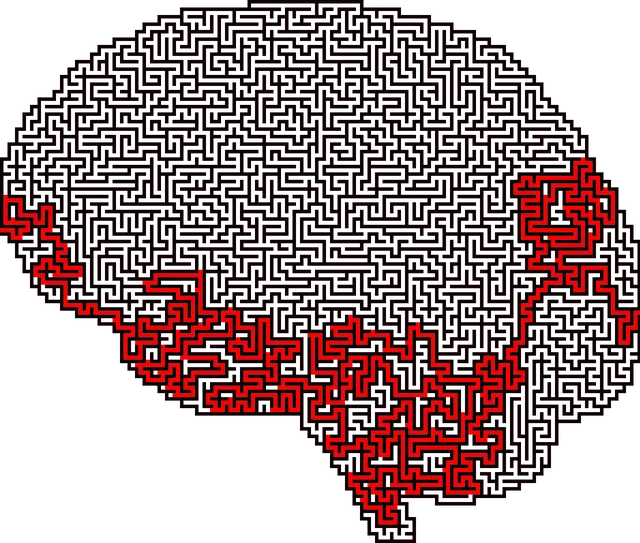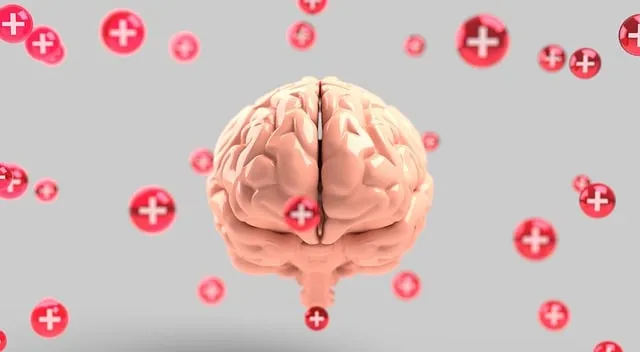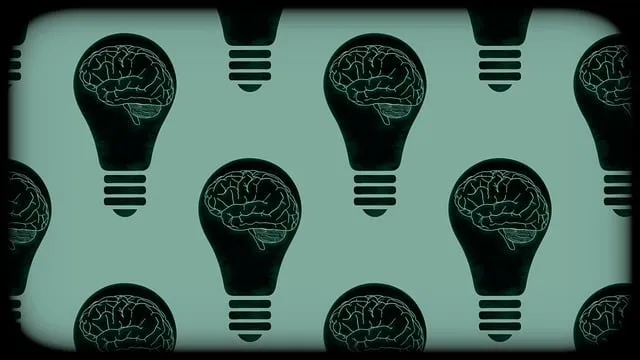Boulder Kaiser Permanente psychiatry reviews emphasize resilience as a key factor for mental wellness. By identifying and cultivating resilient factors like strong social connections and positive outlooks, individuals can better cope with stress and adversity. The department promotes self-care routines, combining traditional stress reduction with empathy-building strategies, and advocates for evidence-based mental health policies. Mindfulness meditation is highlighted as a powerful tool, helping individuals develop non-judgmental awareness, adaptability, and emotional fortitude to effectively navigate life's challenges, as underscored by the Boulder Kaiser Permanente psychiatry reviews.
Resilience is a crucial asset in navigating life’s challenges, and the Resilient Factors Model (RFM) offers a structured approach to building mental fortitude. This article explores the concept of RFM and its potential impact on well-being, drawing insights from Boulder Kaiser Permanente Psychiatry’s expertise. We’ll guide you through practical exercises to enhance resilience, provide strategies for integration into daily life, and highlight the benefits as backed by expert reviews. Get ready to embark on a journey towards a more resilient you.
- Understanding RFM: An Overview of Resilient Factors and Mental Health
- The Role of Boulder Kaiser Permanente Psychiatry in Resilience Building
- Practical Exercises to Strengthen Resilience: A Comprehensive Guide
- Integrating RFM into Daily Life: Strategies for Long-Term Well-being
Understanding RFM: An Overview of Resilient Factors and Mental Health

Resilience is a key factor in maintaining good mental health, and Boulder Kaiser Permanente psychiatry reviews highlight the growing importance of focusing on this aspect. Understanding RFM (Resilient Factors and Mental Health) involves recognizing the various elements that contribute to an individual’s ability to cope with stress and adversity. This includes both innate traits and developed skills, such as strong social connections, a positive outlook, and effective stress reduction methods.
Boulder Kaiser Permanente psychiatrists emphasize the significance of integrating self-care routine development for better mental health into daily life. Along with traditional Stress Reduction Methods, they promote Empathy Building Strategies to foster deeper connections and understanding within oneself and others. These practices are crucial in navigating life’s challenges, ensuring individuals can bounce back from setbacks and maintain a sense of well-being.
The Role of Boulder Kaiser Permanente Psychiatry in Resilience Building

Boulder Kaiser Permanente Psychiatry plays a pivotal role in fostering resilience through innovative practices and services. With a focus on holistic mental wellness, their team offers specialized care tailored to individual needs. The psychiatry department encourages patients to engage in activities like mental wellness journaling exercise guidance, which has been shown to enhance emotional regulation skills, an essential component of building resilience.
Beyond direct patient care, Kaiser Permanente advocates for broader mental health policy analysis and advocacy. This approach ensures that the community benefits from evidence-based practices and resources, creating a supportive environment for emotional well-being. By combining clinical expertise with policy initiatives, Boulder Kaiser Permanente Psychiatry contributes to a comprehensive strategy for building resilience within the population they serve.
Practical Exercises to Strengthen Resilience: A Comprehensive Guide

Building resilience is a crucial aspect of maintaining good mental health, and there are practical exercises that can help strengthen this vital skill. At Boulder Kaiser Permanente, psychiatry reviews highlight the importance of incorporating activities that foster adaptability and quick recovery from stressful situations. One effective method is engaging in mindfulness meditation, which has been extensively studied for its positive impact on mental health awareness. Regular practice allows individuals to cultivate a non-judgmental awareness of their thoughts and emotions, enabling them to respond rather than react to challenging circumstances.
Incorporating mindfulness into daily routines can range from simple breathing exercises to more structured meditation practices. For instance, taking a few minutes each day to focus on your breath can help calm the mind and reduce stress levels. Public awareness campaigns development around mental health often emphasize these techniques as accessible tools for enhancing resilience and overall well-being. By integrating such exercises into their lives, individuals can better navigate life’s challenges and develop a stronger sense of emotional fortitude.
Integrating RFM into Daily Life: Strategies for Long-Term Well-being

Integrating RFM (Resilience, Flexibility, and Mindfulness) into daily life is a powerful strategy for long-term well-being, as endorsed by Boulder Kaiser Permanente psychiatry reviews. This approach empowers individuals to navigate challenges with resilience, fostering emotional agility and mental fortitude. By adopting mindfulness practices, one can enhance self-awareness, better manage stress, and improve overall emotional well-being—all vital components in burnout prevention strategies for healthcare providers.
Self-esteem improvement is a key outcome of RFM integration. Regular resilience-building exercises promote a positive self-image, enabling individuals to approach life’s ups and downs with confidence. Incorporating flexibility into daily routines allows for adaptation to change, a crucial aspect in promoting emotional well-being promotion techniques. These strategies collectively contribute to sustained mental health, making them valuable tools for anyone seeking holistic wellness, including healthcare professionals striving to maintain optimal performance and prevent burnout.
Resilience is a powerful tool for navigating life’s challenges, and Boulder Kaiser Permanente Psychiatry has recognized this by offering valuable resources and insights. By understanding RFM (Resilient Factors and Mental Health) and implementing practical exercises, individuals can enhance their resilience and overall well-being. Integrating these strategies into daily routines allows for long-term mental health management, as evidenced by the success of many who have benefited from Boulder Kaiser Permanente psychiatry reviews. This comprehensive guide empowers folks to embrace a more robust and fulfilling life.






